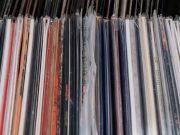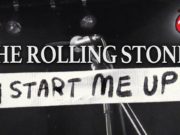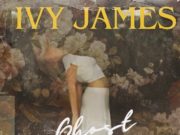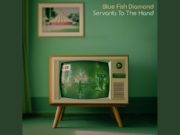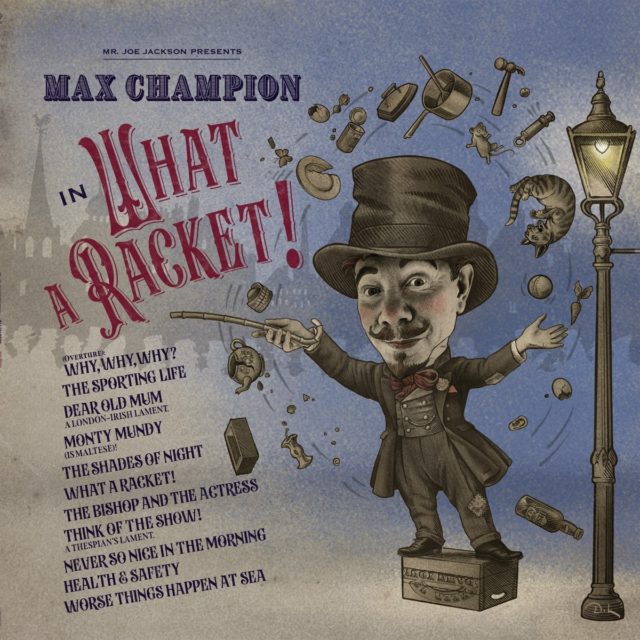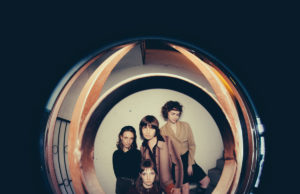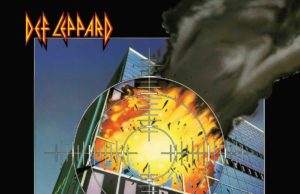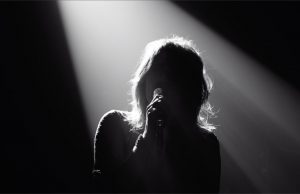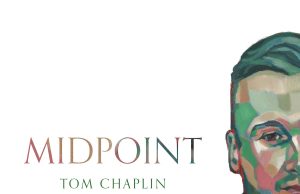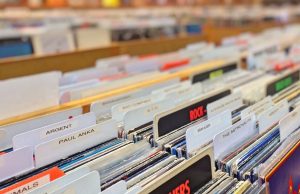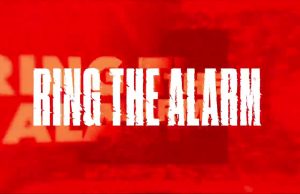THE EDITED PRESS RELEASE: “Music Hall (along with its American cousin, Vaudeville) was the first form of mass entertainment created by the working classes. Its raw beginnings were in the pubs and streets of mid-19th century London, and while never really considered ‘respectable’, it was, by 1900, performed in opulent theatres to huge audiences drawn from all walks of life. Prostitutes and princes alike sang along with superstar performers, many of whom are now legendary, and whose songs are still known in the U.K.
Those songs, depicting everyday life in the Victorian and Edwardian eras, were most often humorous or satirical, though some were sentimental or patriotic, and others dealt with darker themes such as jealousy and murder. Many were also blatantly sexual, though always expressed in clever euphemisms and double entendres.
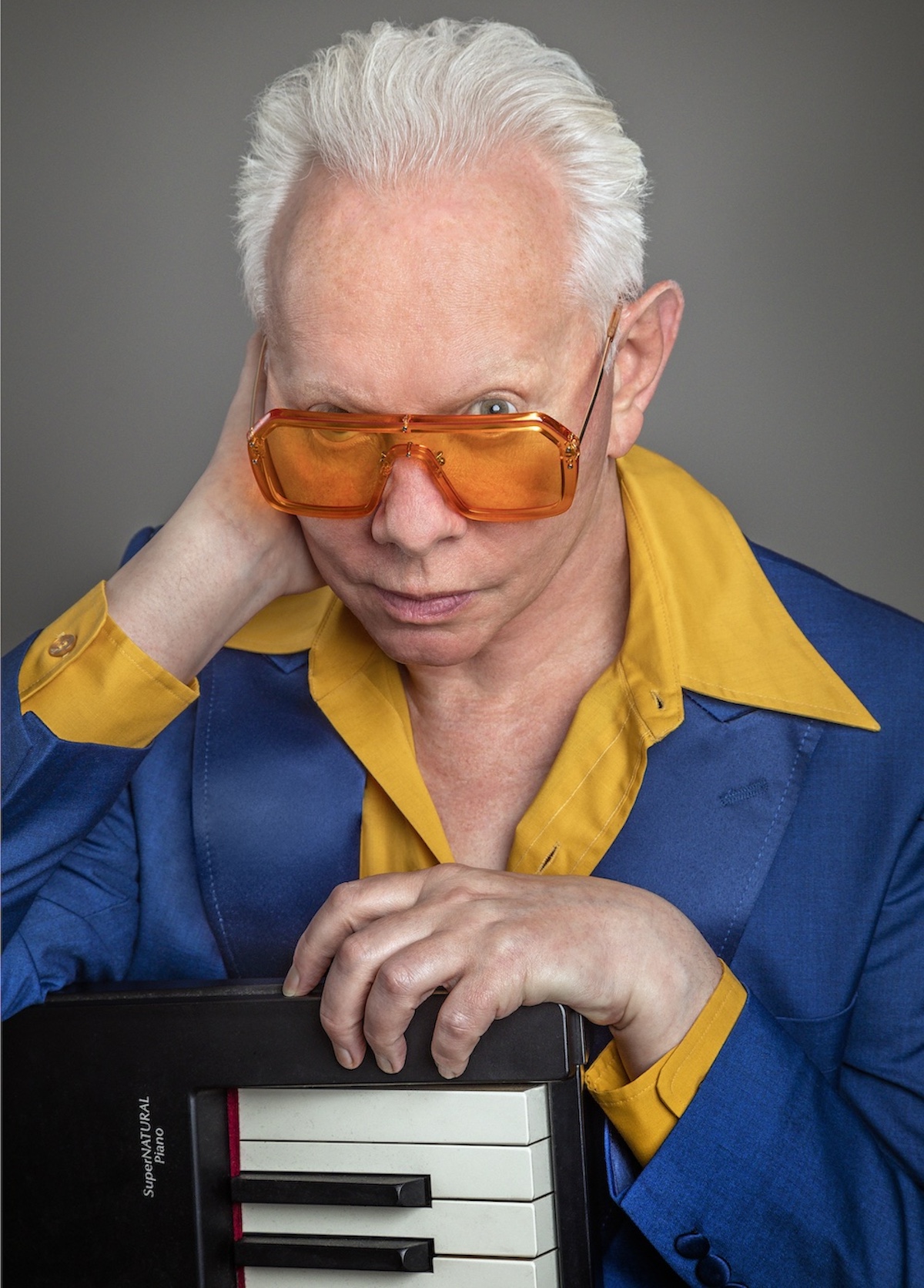
One of the most fascinating of the later Music Hall performers was Max Champion. Little is known about him, except that he was born in 1882 in London’s East End, and is thought to have been related to the great Victorian entertainer Harry Champion. As an up-and-coming performer he shared the stage with big stars such as Gus Ellen and Vesta Tilley, but his career (much like the Music Hall era itself) was cut short by the First World War, and his songs faded into obscurity. That is, until 2014, when Champion sheet music started to surface: first in Malta, then in England, and, intriguingly, in Belgium, where Max probably met his end in the trenches. By 2019, enough songs had been recovered for Joe Jackson to resurrect them with a 12-piece orchestra.
What A Racket! presents 11 of Champion’s songs for the first time in more than a century. According to Jackson, “These were wonderful songs in their time, but they’re surprisingly modern, too. Sometimes it’s almost as if Max is speaking, from his London of the early 20th century, directly to us in the early 21st.”



